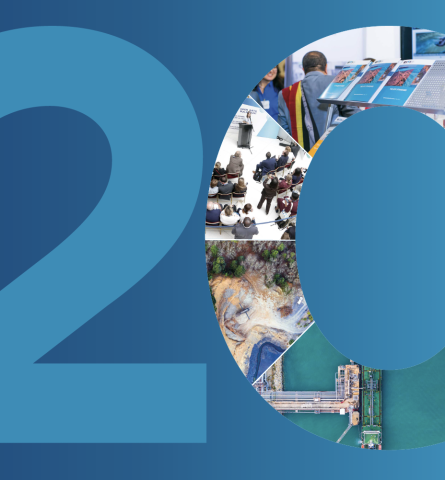
Revenue distribution
Monitoring how extractive revenues benefit communities
Extractive operations have an impact on the regions and communities where exploration and production take place. Taxation regimes may therefore provide for transfers of revenue from extractive sector projects to the subnational governments of hosting regions, either directly from companies or as redistributed revenue from central government.
Revenues can also be allocated to local development funds that finance development projects and priorities. In addition, extractive companies frequently make mandatory or discretionary contributions in cash or in kind to support the social and economic development in communities surrounding operations.
These revenues and payments are often important sources of income for local governments. EITI implementation has shown strong demand from local communities to increase transparency on their collection and allocation, to ensure that they meet their intended purpose of contributing to sustainable local development.
The EITI Standard includes provisions on subnational payments and transfers and social expenditures by companies. Disclosures related to revenue distribution and expenditures are covered by EITI Requirements 4.6, 5.2, 6.1, 6.3 and 7.1.
Engaging communities in a just transition
Through research and engagement with diverse communities in Colombia, Ghana and Indonesia, our "Engaging communities in a just transition project" sought to identify how the EITI could be leveraged to strengthen community voices and engagement in decision-making related to the energy transition.
News, blogs and events
Revenue distribution transparency in action
Madagascar
In Madagascar, the EITI has played a key role in tracking revenue disbursements from large mining operations, as well as informing mayors and citizens and promoting debate on subnational revenue distribution. As regulations are often complex, EITI Madagascar has become a trusted and reliable source of information and has helped shed light on the mechanisms for calculating payments and the amounts that should be transferred.
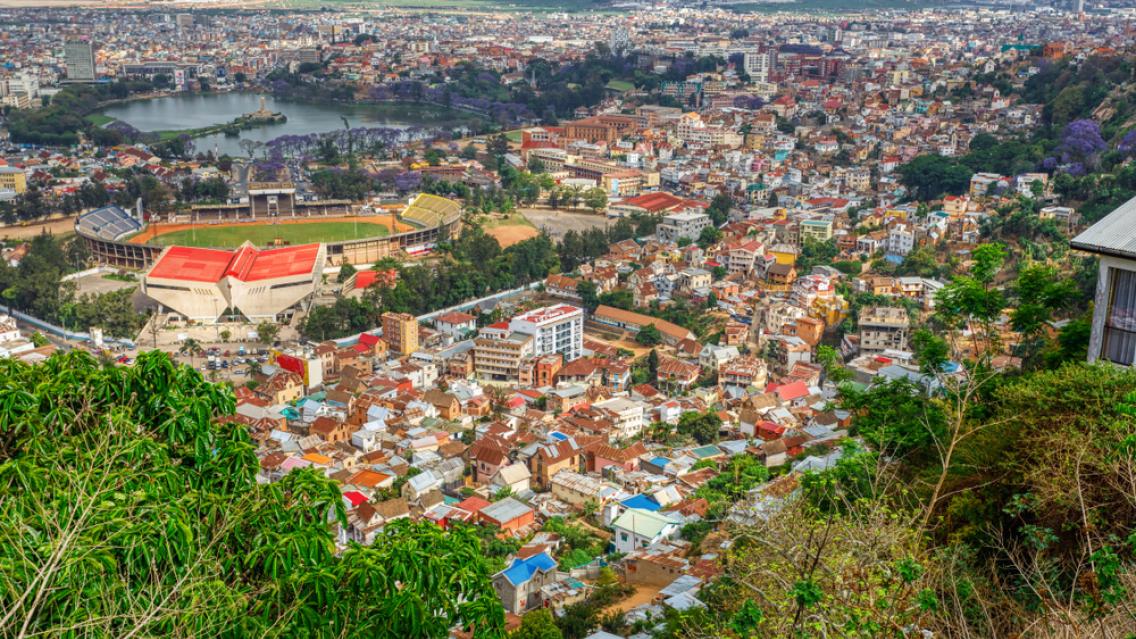
Democratic Republic of the Congo
The DRC’s 2018 Mining Code provides for 25% of mining royalties to be paid by extractive companies to accounts identified by provincial authorities. This distribution of revenues was a departure from the previous mechanisms and the EITI has played a role in shedding light on the new system. It has helped identify challenges in determining which territories are eligible and ensuring that these large sums are managed responsibly and transparently by local authorities.
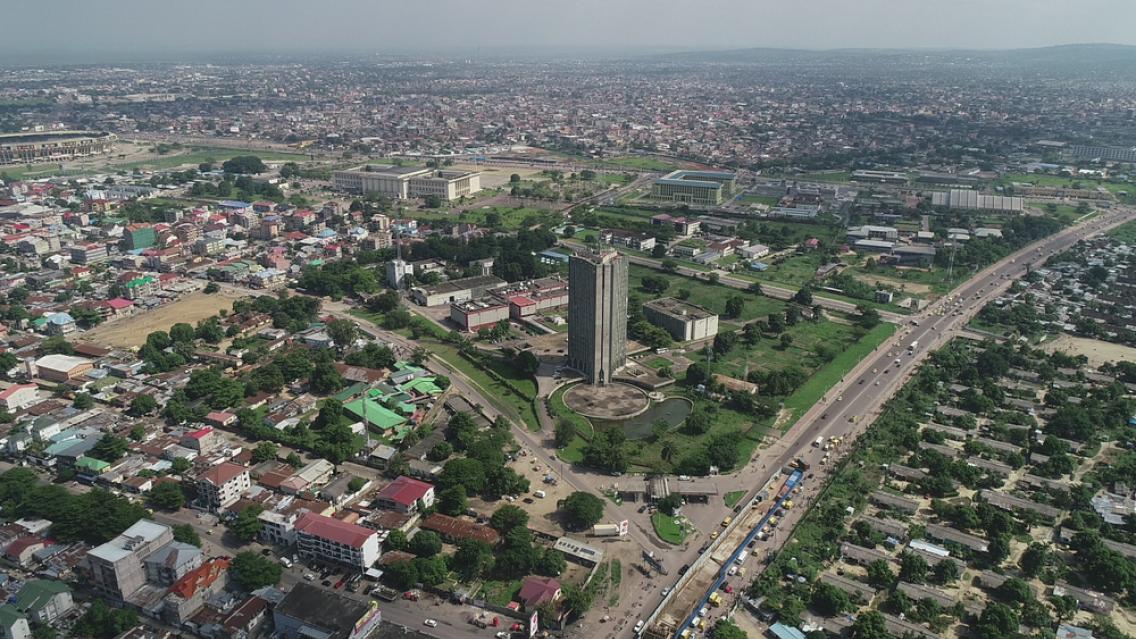
Mongolia
Mongolia’s General Local Development Fund consists of shares of VAT of goods and services, mineral resource royalties, oil resource royalties and grants and donations. Shares of the fund are transferred to provincial governments, or aimags, via their Local Development Funds. EITI reporting has focused on clarifying the parameters used to calculate subnational transfers and on publishing the calculations. Reporting also confirmed the absence of discrepancies between planned revenues and actual transfers to aimags.
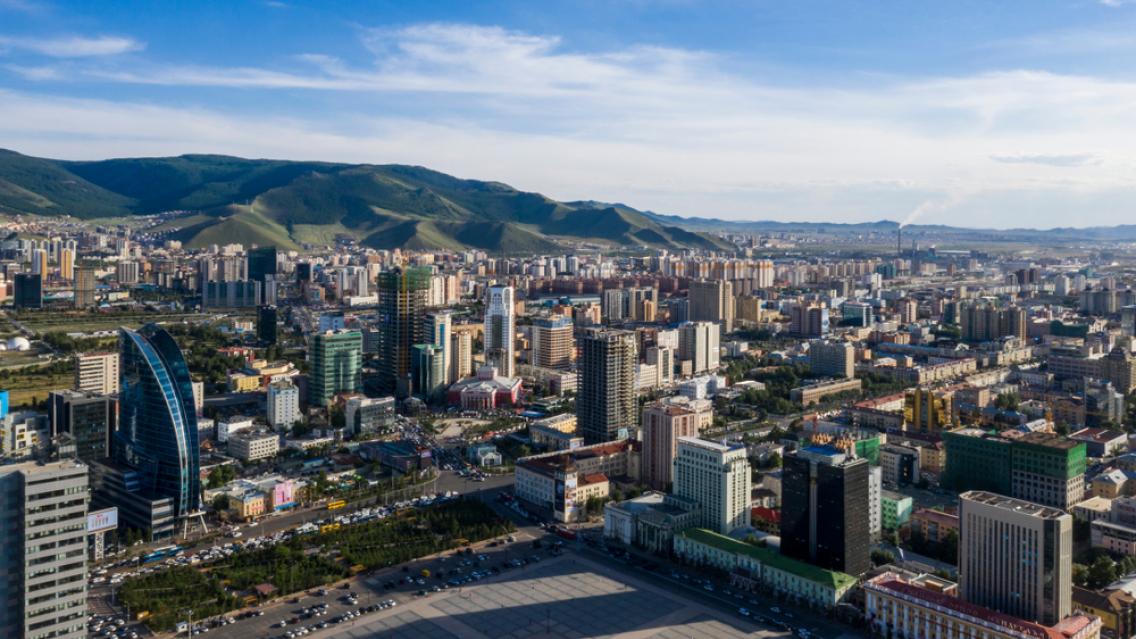
The new system ensures greater transparency of revenues and accountability of local governments on social investment payments from oil, gas and mining companies. It is fascinating to see how the EITI reporting affected change in bringing more responsible management of the extractive sector in Kazakhstan.
Publications and resources

Study on the traceability of mining revenues at the level of local authorities in Mali
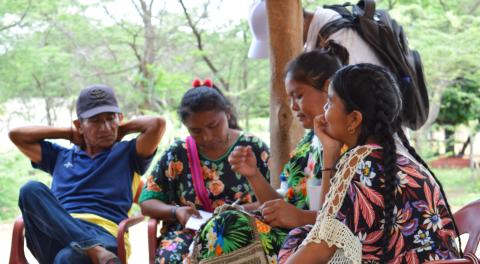

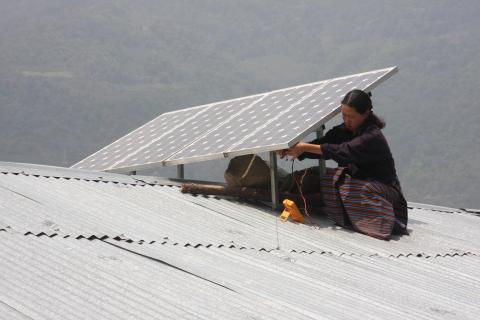
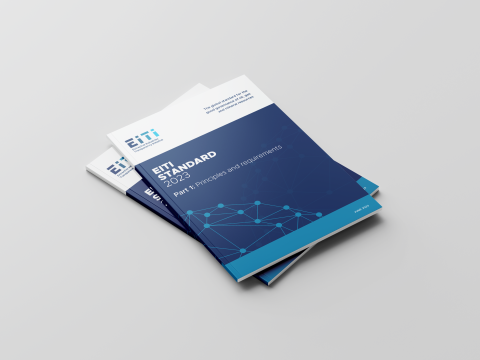
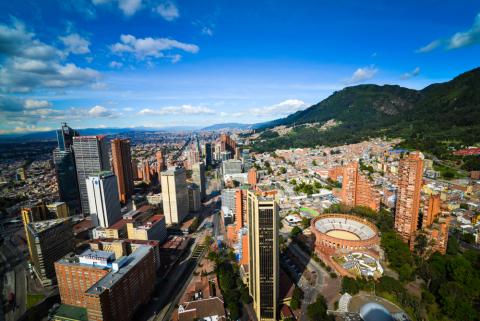
Colombia achieves moderate score in EITI implementation

